Riyadh doesn’t yet know who carried oil strikes or why: Saudi energy minister
Saudi Energy Minister Prince Abdulaziz bin Salman says Riyadh does not yet know who were behind the highly disruptive drone attacks on Saudi Aramco petroleum and gas processing plants at Abqaiq and Khurais in the kingdom's Eastern Province, which sent crude prices skyrocketing.
“We don't know who is behind the attack,” he told reporters in the western Red Sea city of Jeddah on Tuesday, adding that Riyadh wants “proof based on professionalism and internationally recognized standards.”
Prince Abdulaziz, who was only appointed to the role earlier this month, went on to say that Saudi Arabia had dipped into its strategic reserves to maintain supply to clients.
He said stricter measures were needed to be taken to prevent further attacks, but did provide any elaboration.
The Saudi energy minister then alleged that the kingdom would achieve 11 million barrels per day (bpd) capacity by the end of September, and 12 million bpd by the end of November.
“Restoring sustainable production capacity to 11 million bpd by the end of the month is an ambitious target, given the amount of repairs required” at the sites, Alex Schindelar, president of the Energy Intelligence group, told AFP though.
The remarks come as the United States has tried to build its case that Iran was behind the attacks. Iran has denied being behind the assaults, which knocked out half of Saudi Arabia's oil production.
Yemen's Houthi Ansarullah movement has claimed responsibility for the attacks, warning Saudi Arabia that their targets “will keep expanding.”
On Tuesday, Ansarullah censured support for the Saudi-led coalition of aggressors in the wake of Yemeni retaliatory drone attacks on Aramco oil facilities in eastern Saudi Arabia, stressing that those who have no reservations at all about the bloodletting in the war-ravaged country must bear the consequences of their actions.
“Peace in the region can be restored only through dialogue and understanding, and away from the clatter of weapons. Yemeni people hope to see security and peace prevail across the Arabian Peninsula. They will never surrender to oppression and others’ domination,” Mohammed Abdul-Salam, spokesman for the movement, said in a string of tweets.
He added, “Those condemning the September 14 operation have indeed denounced themselves as they have exposed their blatant bias in favor of the aggressor. In fact, their condemnation would embolden the criminal regime to continue its criminal acts against our people.”
The senior Houthi official noted that “Saudi oil is not more precious than Yemeni blood,” emphasizing that those who have no respect whatsoever for the Yemeni people's lives must embrace all consequences of their actions.
Saudi Arabia and a number of its regional allies launched a devastating campaign against Yemen in March 2015, with the goal of bringing the government of former president Abd Rabbuh Mansur Hadi back to power and crushing Ansarullah movement.
The US-based Armed Conflict Location and Event Data Project (ACLED), a nonprofit conflict-research organization, estimates that the war has claimed more than 91,000 lives over the past four and a half years.
The war has also taken a heavy toll on the country’s infrastructure, destroying hospitals, schools, and factories. The UN says over 24 million Yemenis are in dire need of humanitarian aid, including 10 million suffering from extreme levels of hunger.
VIDEO | Press TV's news headlines
More Europeans see Trump as 'enemy' than 'friend': Survey
Ukraine war talks begin in UAE as Russia repeats Donbas demand
Iran slams UNHRC session as illegitimate, says no submission to foreign pressure
Six-month-old boy freezes to death in Gaza amid Israel's inhumane blockade
VIDEO | Protestors in South Africa slam US interference in other countries’ affairs
Israel runs smear campaign against Doctors Without Borders: Report
Iran slams EU parliament’s ‘meddlesome, irresponsible’ resolution on terrorist riots








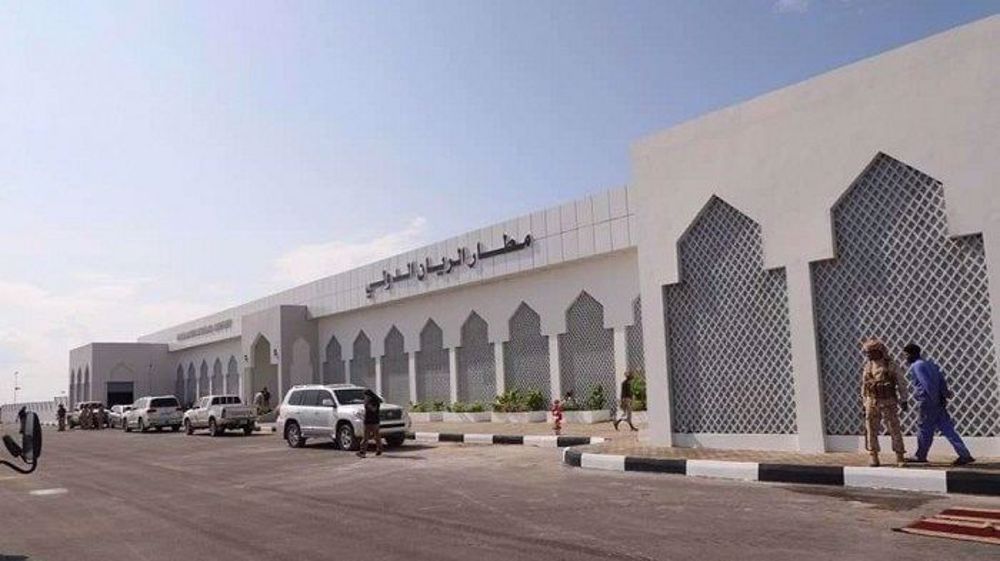
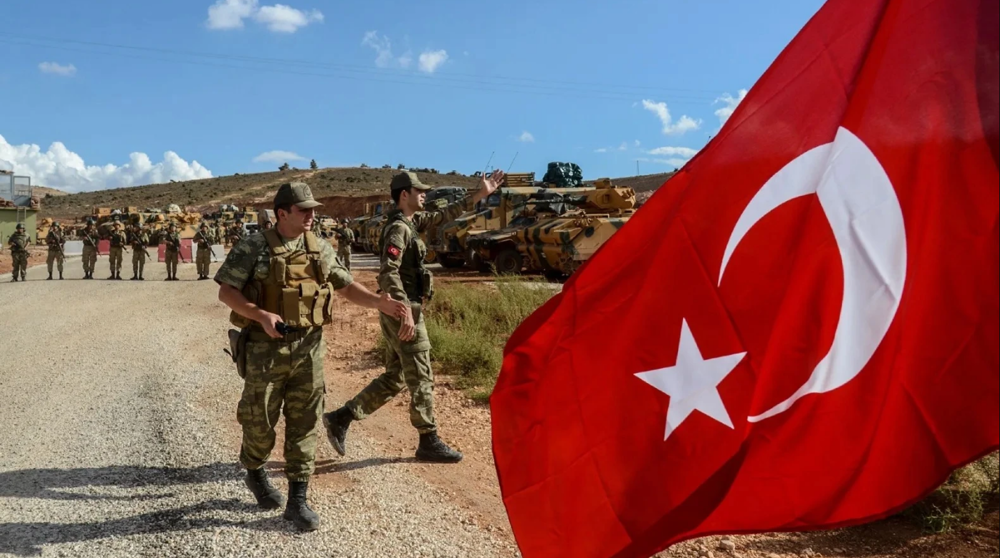
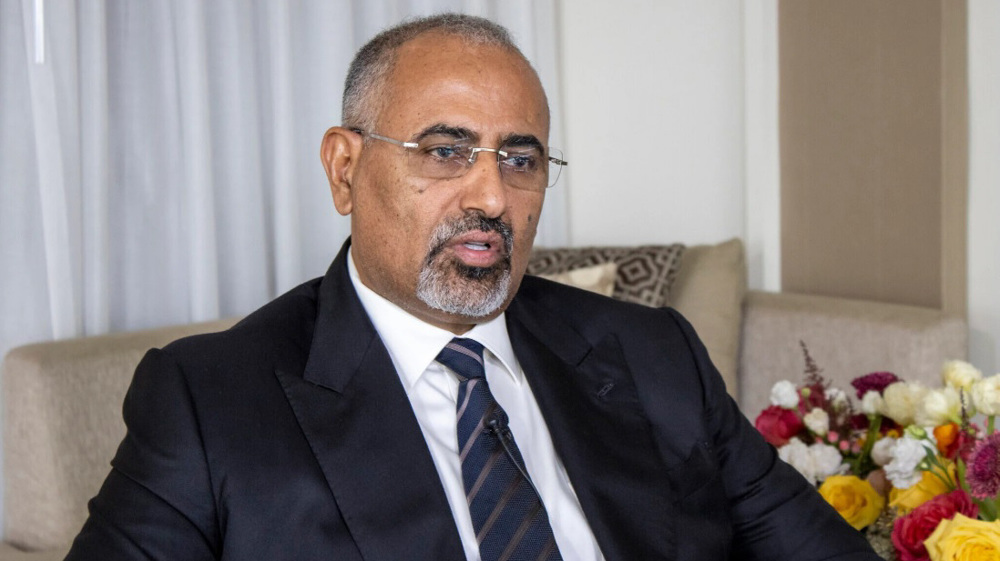





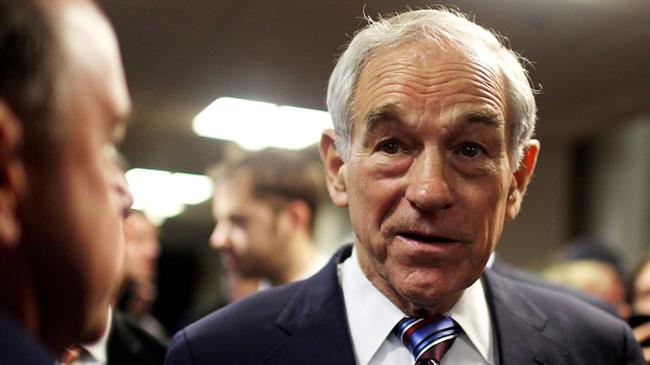


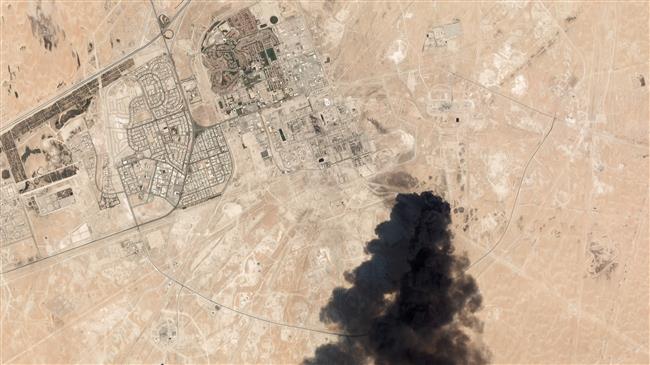

 This makes it easy to access the Press TV website
This makes it easy to access the Press TV website